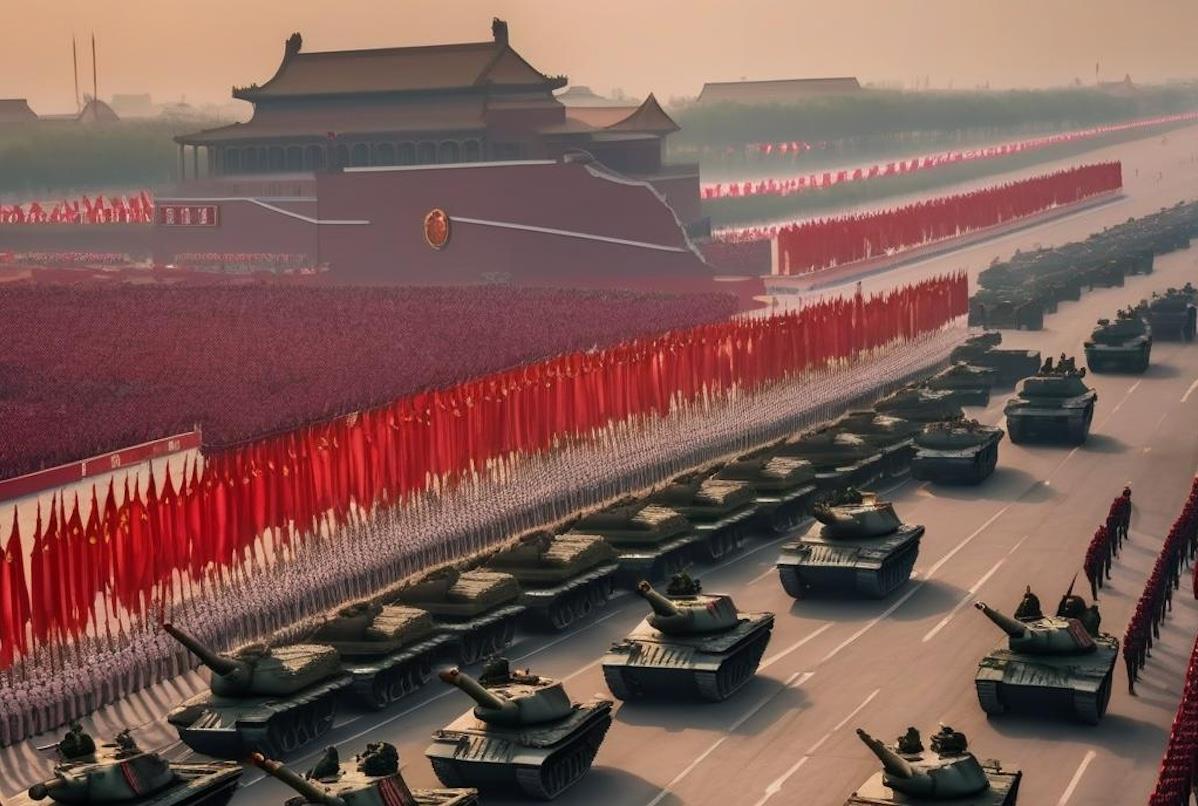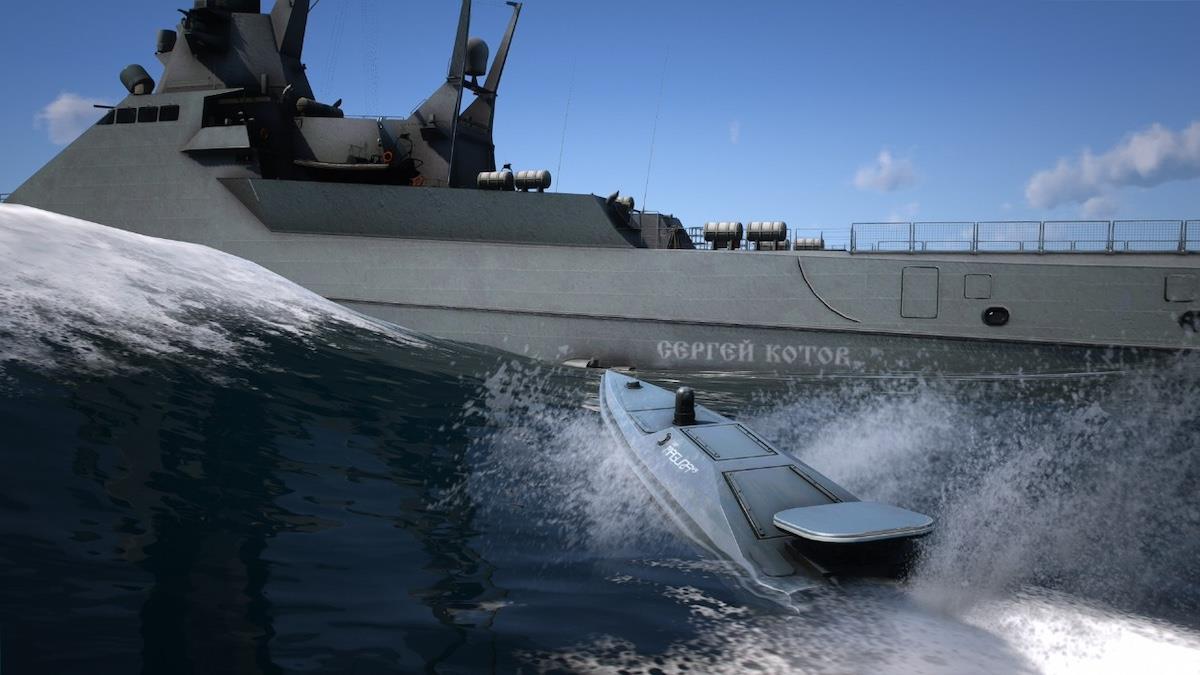
Parades And Charades At Tiananmen
It showed that the People's Republic of China (PRC) is no longer an American junior partner, as some Americans have believed for the past 50 years, but a global power ready to defend and expand its interests.
Second, the Indian presence at the Shanghai Cooperation Organization (SCO) summit in Tianjin two days earlier confirmed that the PRC is gaining new allies while the US is losing friends.
Third, China announced its philosophy for international politics, which seems to follow a policy of non-interference with the aims of great powers unless their claimed rights are violated. In theory, non-interference applies to all countries.
However, the case of Ukraine shows that significant countries, like Russia, whose perceptions must be taken into account, and less influential countries, such as Ukraine, which must also be accommodating, exist.
Finally, China re-examined history, which it considers the most crucial ideological element. The American victory over Japan in WWII was erased in favor of a version of history that states Russia and the Chinese communist army defeated Japan.
Besides, there is a general global perception. America discusses tariffs to rebuild its economy; Beijing emphasizes regional growth and pledged a US$1.3 billion fund for a SCO development bank. Beijing's help might come with a high price, but is that cost higher than the Western one? For now, US assistance won't come, no matter the cost.
Here, it is a Chinese articulated and comprehensive strategy that doesn't confront the US head-on but seeks out all the spaces it can use to insert itself, including those of its US allies. (Da Wei presents the background well here .)
There has been a psychological strategic decoupling between the US and China, along with growing Chinese confidence in managing the international situation over the past eight years. This reduces interest in reaching an agreement and leads to a more tense bilateral atmosphere. It's Cold War II, and it could last a long time.
On the other hand, Nirupama Rao, a senior Indian diplomat, argues here that“the US can't undergird the Asian balance.” It casts a shadow over the Quad, an Asian military agreement between the US, India, Australia and Japan ostensibly aimed at China.
It could cause Japan and Australia to hedge their security strategies and rely less on the US against China. If so, Asia's security landscape would change significantly. The threat from the US to China may have decreased. Another player might emerge with a coordinated Asian security system, independent of the US but effectively targeting China.
Some Asian countries might avoid ending up in a situation like Europe's, where Russia caught the EU off guard with its Ukraine invasion. It exposed the EU's heavy reliance on NATO, which turned out to be unreliable.

Legal Disclaimer:
MENAFN provides the
information “as is” without warranty of any kind. We do not accept
any responsibility or liability for the accuracy, content, images,
videos, licenses, completeness, legality, or reliability of the information
contained in this article. If you have any complaints or copyright
issues related to this article, kindly contact the provider above.





















Comments
No comment